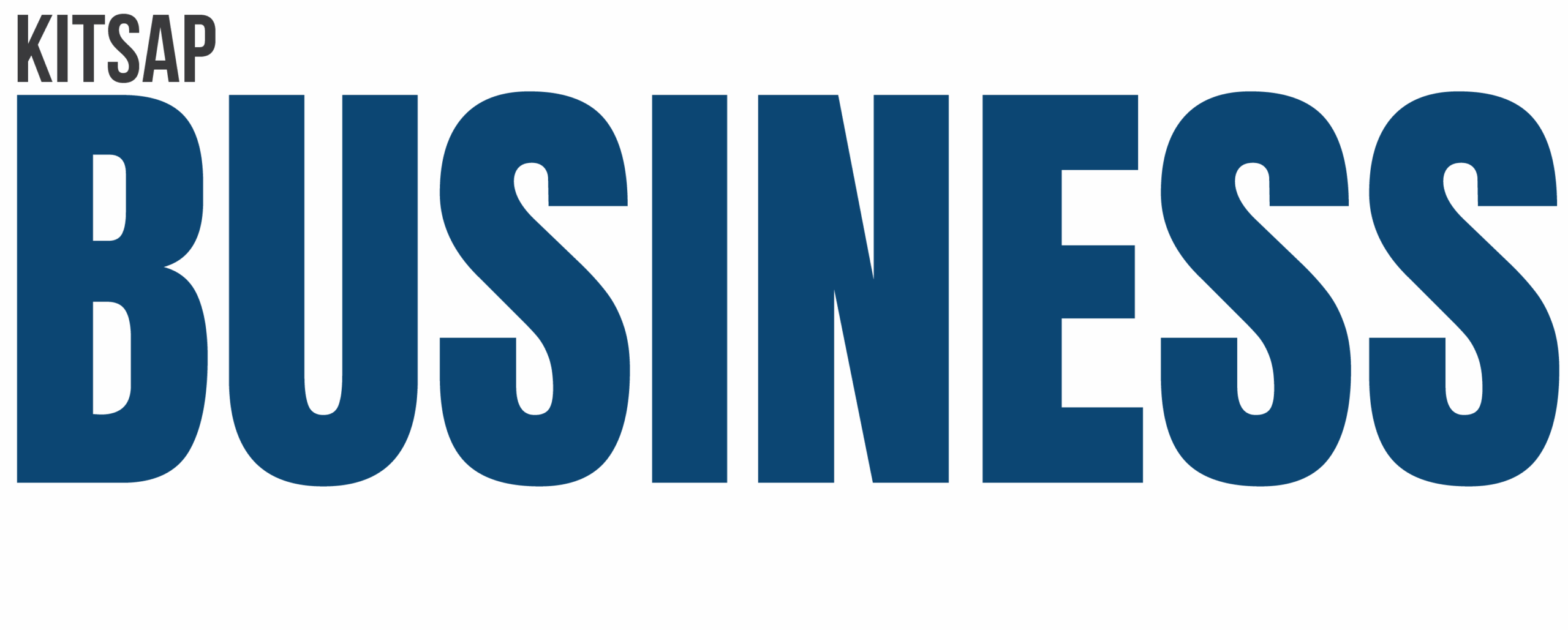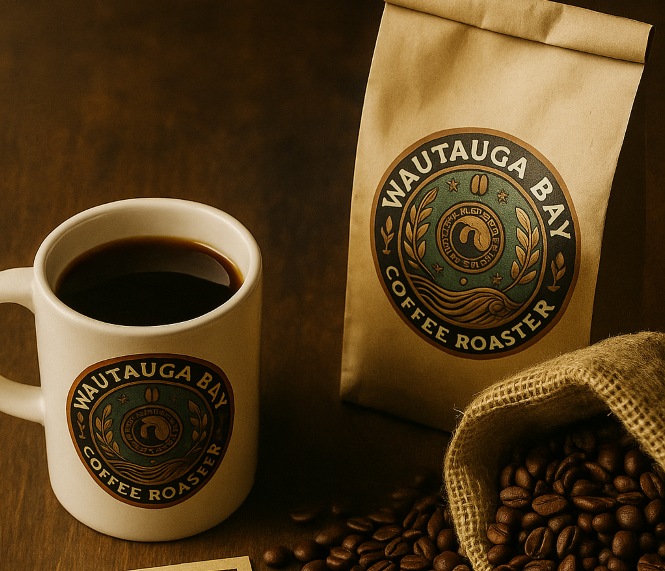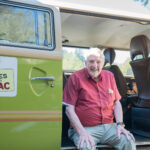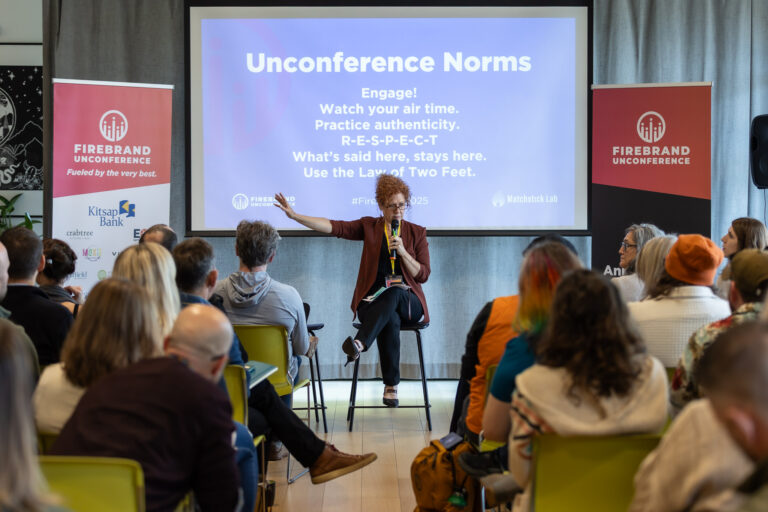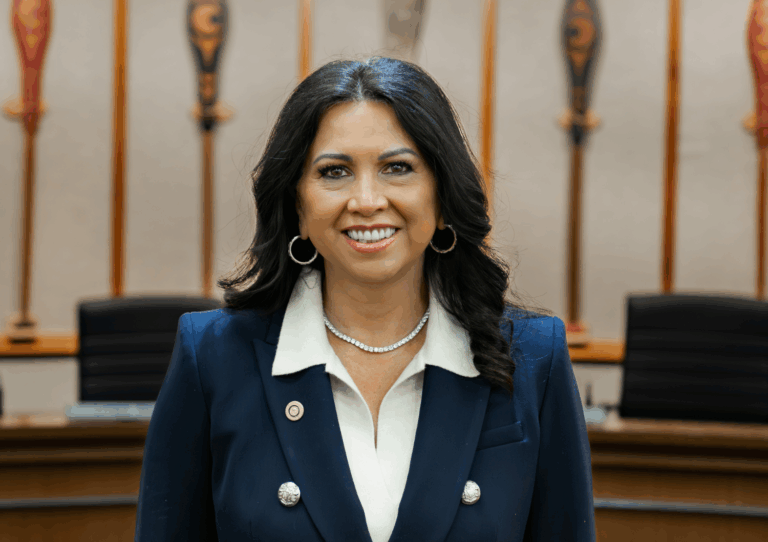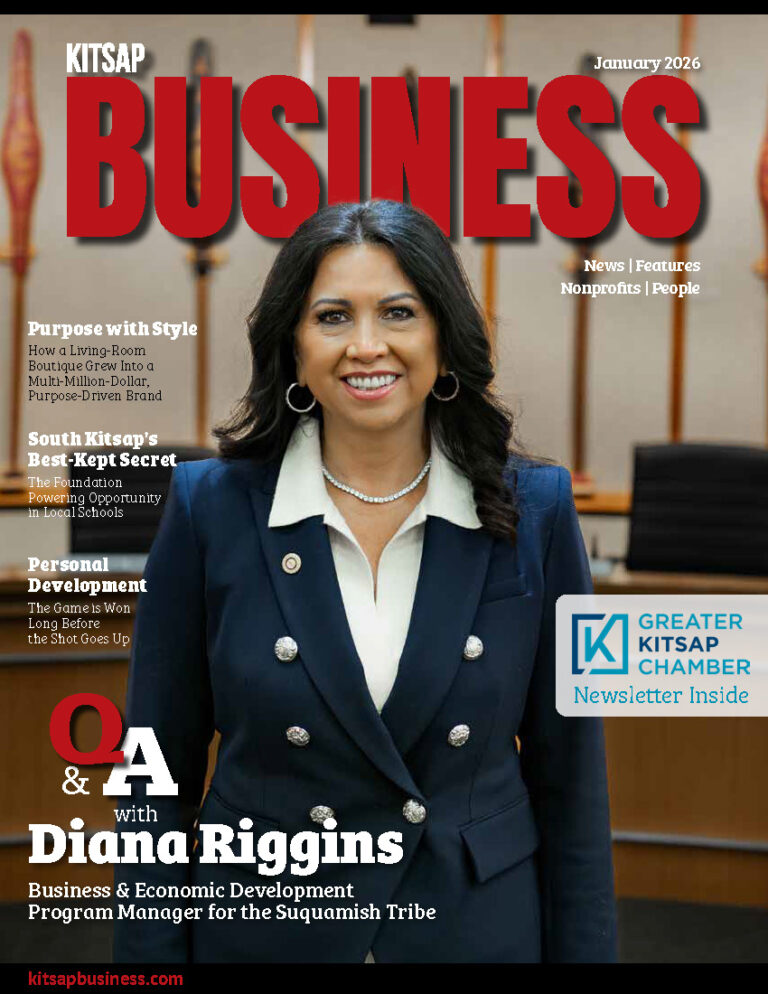How Wautauga Bay Roasters Is Redefining Quality Coffee
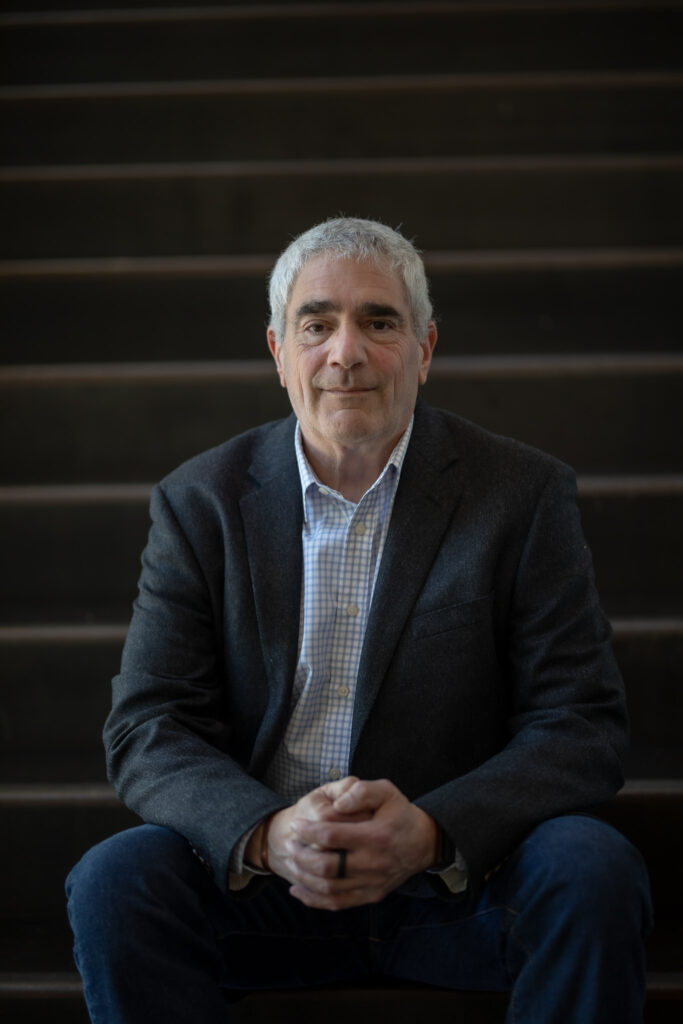
For many coffee drinkers, the ritual of brewing a morning cup is a familiar comfort. But for Jacob Motola, co-founder and CEO of Wautauga Bay Roasters, coffee is more than routine—it’s a longstanding interest that’s become a second career rooted in relationships, respect for the process, and an appreciation for rare, small-lot beans.
“Coffee has been a lifelong passion and sort of a consistent part of my life throughout,” said Motola. “I like to think of it as a natural progression—going and doing something that I really care deeply about.”
Wautauga Bay Roasters, based in Port Orchard is a small-batch coffee roasting company that focuses on rare beans grown in the Peruvian rainforest. Most of the beans are shade-grown and sourced from Indigenous farmers, specifically members of the Yanesha tribe, who cultivate coffee on small plots of land deep in the region’s biodiverse rainforests.

Motola didn’t set out to build a coffee business. For three decades, he worked in the tech sector. But when a remote position ended and the company required relocation to Denver, he opted instead to stay in the Pacific Northwest with his family and take time to consider what came next.
After about nine months of job searching, he chose to move in a different direction. Drawing on a lifelong connection to coffee that began in childhood, he decided to build a company that reflected his values and personal interests.
“I grew up with Turkish grandparents,” Motola said. “Coffee was one of the first things I ever drank. I have a fundamental understanding of the plant, the bean, how it’s processed, how it’s grown.”
He launched Wautauga Bay Roasters with a longtime friend—now in the military and raising a family—who shares his interest in high-quality coffee. Together, they built a business model that focuses on sourcing beans directly from micro-lot farms that are often too small to participate in national export systems.
“We know the people who grow our product. We know the people who harvest it. We know the people who import it,” Motola said. “And we know ourselves well enough to know that what we have is relatively rare.”
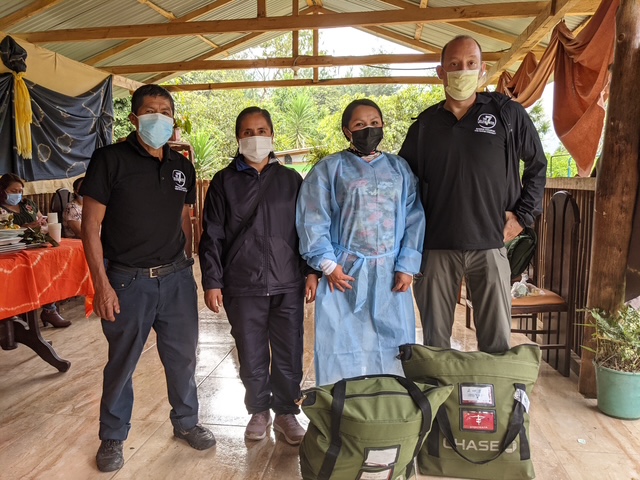
Wautauga’s sourcing process is built on a direct relationship with a trusted local partner in Peru—an EMT who married into a local indigenous tribe. Through this connection, Wautauga is able to work with farms that practice traditional growing methods and preserve native shade-grown agriculture. The beans are hand-harvested, and small harvests from different farms are combined and processed in ways that meet international standards without relying on large-scale exporters.
“What our beans provide is a level of exclusivity, but also a level of flavor that you’re not going to find elsewhere,” Motola said.
Motola believes that freshness is just as important as origin. Unlike many coffees sold in grocery stores, which may have been roasted months—or even years—after harvest, Wautauga Bay’s beans are typically less than six months old when they arrive in customers’ homes. The company sells only whole beans and roasts in small batches to maintain freshness and quality.
“Most of the coffee sold in stores is at least two years old,” Motola said. “We’re rebelling against stale coffee, rebelling against old coffee.”
Wautauga Bay operates primarily through a subscription model, offering freshly roasted coffee delivered directly to customers. It’s a deliberate approach, one that avoids the compromises often required when scaling for retail distribution.
Motola describes the company as one that values relationships and craftsmanship more than growth for its own sake.
“We care about what we’re doing,” he said. “We care about the people providing us with our product. We’re fascinated and in love with coffee and the process of roasting it and providing it to our friends and our family—and we want to extend that to a broader audience.”
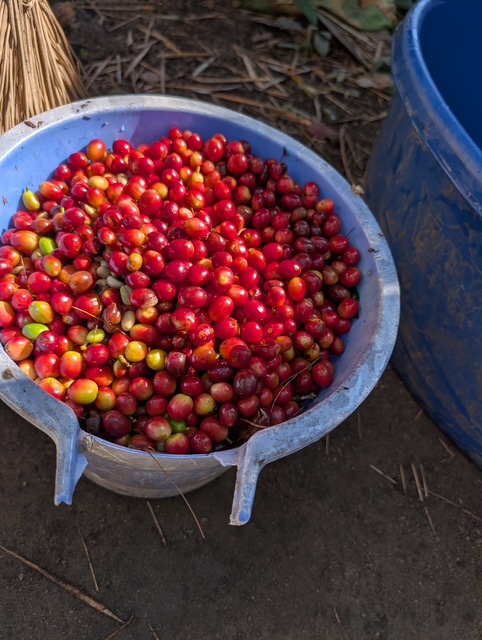
The name Wautauga Bay was inspired by a local geographic feature—Wautauga Point near Motola’s home—but was intentionally adapted to create a brand identity that felt rooted without being tied to one place.
“We felt that Wautauga as a name would help us stimulate the imagination of the consumer, but not lock us into a specific geography,” Motola said.
That balance between story and substance runs throughout the company’s approach. Wautauga Bay isn’t trying to be the flashiest roaster on the market, but instead focuses on delivering a consistent, high-quality product with transparency about where the beans come from and how they’re handled.
Much of that comes down to doing the work by hand, in small quantities, with attention to detail. From selecting green coffee to perfecting roast profiles, Motola takes care in each step of the process.
“It’s all hand harvested,” he said. “Some things are worth doing slowly, by hand, with heart.”
Though still a relatively new company, Wautauga Bay has begun to find its audience among people who are looking for more than a convenient cup. Subscribers appreciate the traceability, freshness, and the unique flavor profiles that come from working with single-origin beans grown in specific microclimates.
Motola is modest about what he hopes the company can become. He’s not chasing a major retail presence or rapid expansion. Instead, he’s focused on maintaining quality and honoring the relationships that make the business possible—from farmers to customers.
At its core, Wautauga Bay Roasters is a reflection of Motola’s shift from one industry to another. It’s a second act that blends his technical background with a more personal, hands-on craft.
“I like doing meaningful work,” he said. “Coffee is something I’ve always loved, and now I get to share that with others in a way that feels genuine.”
There’s no gimmick, no hype—just a commitment to good coffee, strong relationships, and doing things the right way. For Wautauga Bay Roasters, that’s enough.
Keep in touch with our news & offers
Subscribe to Our Newsletter
Thank you for subscribing to the newsletter.
Oops. Something went wrong. Please try again later.
